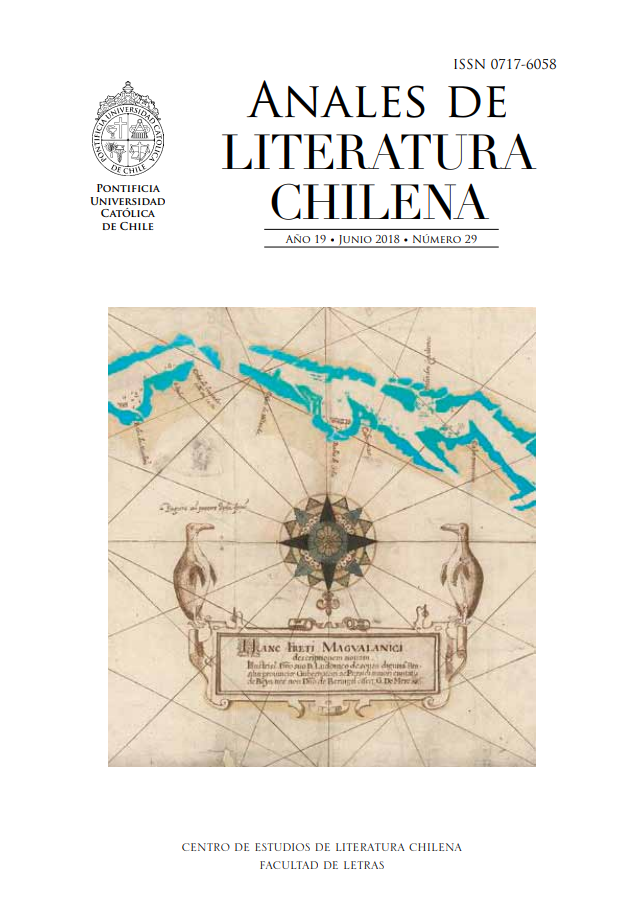Manly words in the mouth of women. The female military harangue in two early-colonial texts of Chile and Rio de la Plata
Keywords:
feminine military harangueAbstract
This work analyzes a feminine military harangue present in the 16th Chapter of Argentina and conquest of the Rio de la Plata (1602) of Martín del Barco Centenera. The analysis is made from a brief introduction on military harangue according to the classic models, and its reformulations in La Araucana (1569, 1578 and 1589) by Alonso de Ercilla, the only hypotext explicitly recognized by Barco Centenera. In addition, it considers the feminine figures that enunciate these military parliaments in the perspective of the model of the Roman matron, which allows to extend the network of analysis to texts like the Fifth Decade of Diogo do Couto (1595) and the letter (1556) of Isabel of Guevara, expeditionary in the navy of Pedro de Mendoza. Finally, the work shows the reconfiguration of the ercilian model in Centenera’s text through the introduction of humorous-grotesque elements.
Downloads
Downloads
Published
How to Cite
Issue
Section
License

This work is licensed under a Creative Commons Attribution-NoDerivatives 4.0 International License.


